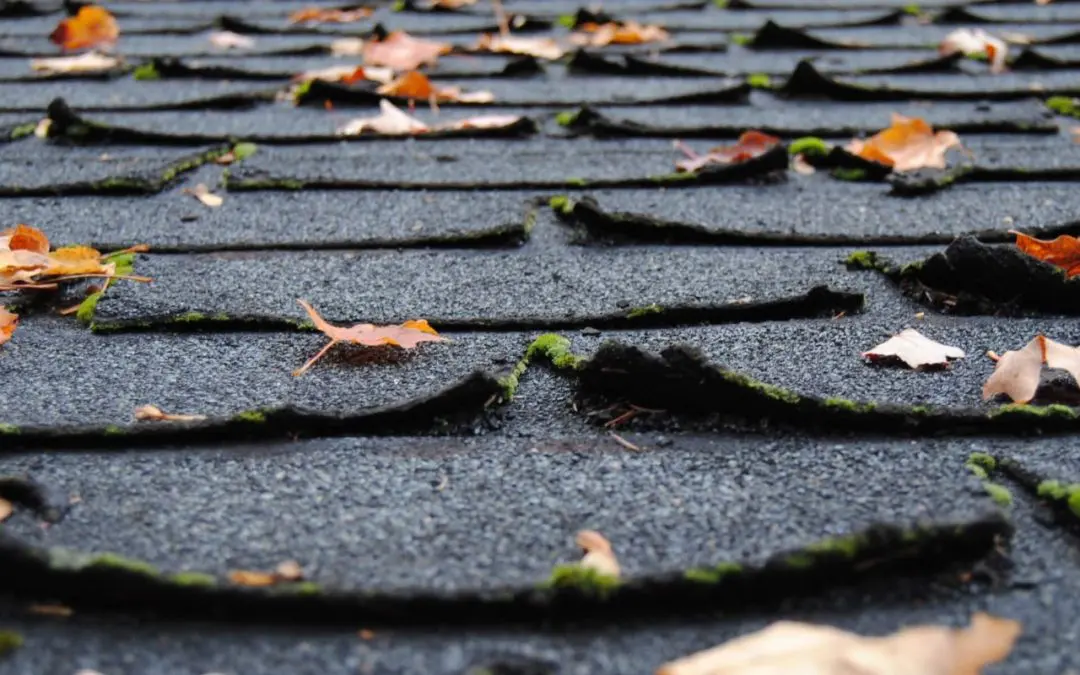When choosing roofing materials for your home, there’s no one-size-fits-all solution. Different materials offer distinct advantages and disadvantages, and understanding these can help you make an informed decision that suits your budget, climate, and aesthetic preferences. Let’s delve into some of the most common roofing materials and their pros and cons.
1. Asphalt Shingles
Asphalt shingles are North America’s most popular roofing material due to their affordability and ease of installation. They come in various colors and styles, making them suitable for different architectural designs. However, they have a relatively shorter lifespan than other materials, typically lasting 15-30 years. They may also be prone to damage in extreme weather conditions such as hail or high winds.
2. Metal Roofing Materials
Metal roofing, typically made of steel, aluminum, or copper, offers excellent durability and longevity, often lasting 50 years or more with proper maintenance. They are resistant to fire, mildew, and insects, making them a low-maintenance option. Metal roofs are also energy-efficient, reflecting sunlight and reducing cooling costs in hot climates. However, they can be noisy during rain or hailstorms and may dent if struck by large objects.
3. Wood Shingles and Shakes
Wood shingles and shakes lend a rustic charm to homes and are often chosen for their natural beauty. They are environmentally friendly, biodegradable, and offer good insulation properties. However, they require regular maintenance, including treatments for fire resistance and protection against mold and rot. Wood roofing is also susceptible to damage from pests and may not be permitted in areas prone to wildfires due to fire risk.
4. Clay and Concrete Tiles
Clay and concrete tiles are known for their durability and longevity, with lifespans of 50 years or more. They are resistant to fire, insects, and rot and can withstand harsh weather conditions, including hurricanes and earthquakes. Additionally, they offer excellent insulation, reducing energy costs over time. However, they are heavy and may require additional structural support, increasing installation costs. They can also be brittle and prone to breakage if walked on improperly.
5. Slate Roofing Materials
Slate roofing is renowned for its elegance, durability, and longevity, often lasting over 100 years. It is resistant to fire, mold, and insects and requires minimal maintenance. Slate tiles are available in various colors and textures, adding a timeless appeal to any home. However, slate roofing is one of the most expensive options in terms of materials and installation. It is also heavy and may require reinforced roofing structures, increasing costs further.
Choosing a suitable roofing material for your home involves considering various factors such as cost, durability, maintenance requirements, and aesthetic appeal. While each material offers its own set of advantages and disadvantages, there is no one perfect solution. It’s essential to weigh these factors carefully and consult with roofing professionals to determine the best option for your specific needs and preferences. Whether you opt for the affordability of asphalt shingles, the durability of metal roofing, or the timeless elegance of slate, investing in quality roofing will protect your home and enhance its curb appeal for years.
Frequently Asked Questions About Your Roof
How often should I replace my roof?
A roof’s lifespan depends on various factors like material, climate, and maintenance. Typically, asphalt shingle roofs last 20-30 years, while metal or tile roofs can last 50 years or more.
Why might I need a new roof?
Several factors could necessitate a new roof, including age, wear and tear, damage from storms or falling debris, leaks, or poor installation.
How much does a new roof cost?
Costs vary depending on factors such as the size of the roof, the chosen material, the complexity of the installation, and location. On average, expect to pay anywhere from $5,000 to $20,000 or more.

